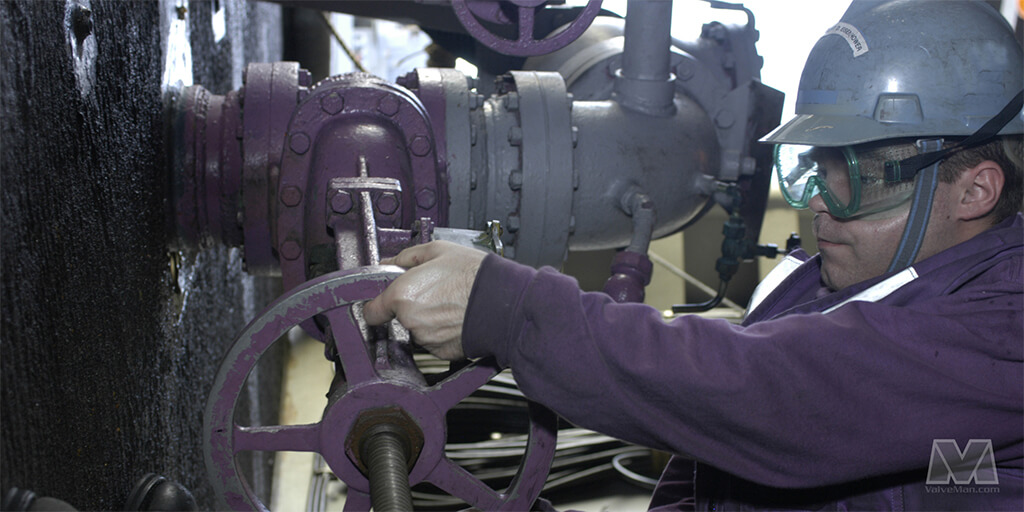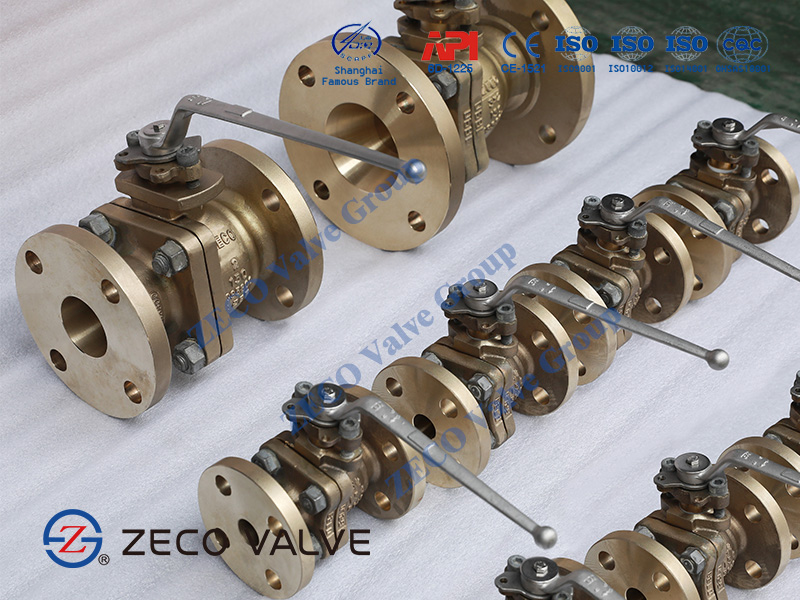Speed motors play a crucial role in various industrial and commercial applications, offering precise control over rotational speed and torque. These electric motors are designed to operate at varying speeds, making them indispensable in processes that require efficient performance and energy savings. From manufacturing to automotive industries, understanding the capabilities and benefits of speed motors is essential for optimizing operations. Additionally, their applications often extend to supporting technologies like geomembranes, which are used in environmental and civil engineering projects to manage water and waste efficiently.
What is a speed motor, and how does it work?
A speed motor is a type of electric motor specifically designed to control the speed of rotation. Unlike standard motors that operate at a fixed speed, speed motors can adjust their output based on the requirements of the application. This is achieved through various methods, such as altering voltage, frequency, or utilizing gear systems. These motors are essential in applications where varying speeds are necessary for optimal performance.

What are the advantages of using speed motors in industrial applications?
Speed motors offer several advantages, including:
- Energy Efficiency: They can operate at the required speed without wasting energy, leading to lower operational costs.
- Precision Control: These motors provide precise speed control, allowing for better product quality and consistency.
- Versatility: Speed motors can be utilized in a wide range of applications, from conveyor systems to robotics and HVAC systems.
- Reduced Wear and Tear: By operating at optimal speeds, these motors experience less mechanical stress, resulting in lower maintenance costs and extended lifespan.
How do speed motors relate to geomembrane applications?
In geomembrane applications, speed motors are often used in systems that require precise movement and control, such as automated installation equipment or monitoring systems for water management. Geomembranes are synthetic membranes used for containment and separation in landfills, ponds, and reservoirs. The use of speed motors in these applications ensures accurate positioning and efficient operation, contributing to the overall effectiveness of geomembrane systems in environmental protection.
What factors should be considered when selecting a speed motor?
When selecting a speed motor, consider the following factors:
- Application Requirements: Assess the specific speed and torque needs for your application.
- Type of Motor: Determine whether an AC or DC motor is more suitable based on your power supply and operational needs.
- Control System: Evaluate the control system required for your application, such as variable frequency drives (VFDs) for AC motors.
- Environmental Conditions: Consider the operating environment, including temperature, humidity, and potential exposure to chemicals or debris, which may affect motor performance.
Speed motors are integral to many industries, offering enhanced control, efficiency, and adaptability. Their ability to adjust rotational speeds according to specific needs makes them essential for optimizing various processes. Furthermore, their application in geomembrane-related projects demonstrates their versatility and importance in promoting sustainability and effective resource management. Understanding the benefits and considerations surrounding speed motors can help businesses make informed decisions and improve operational efficiency.
